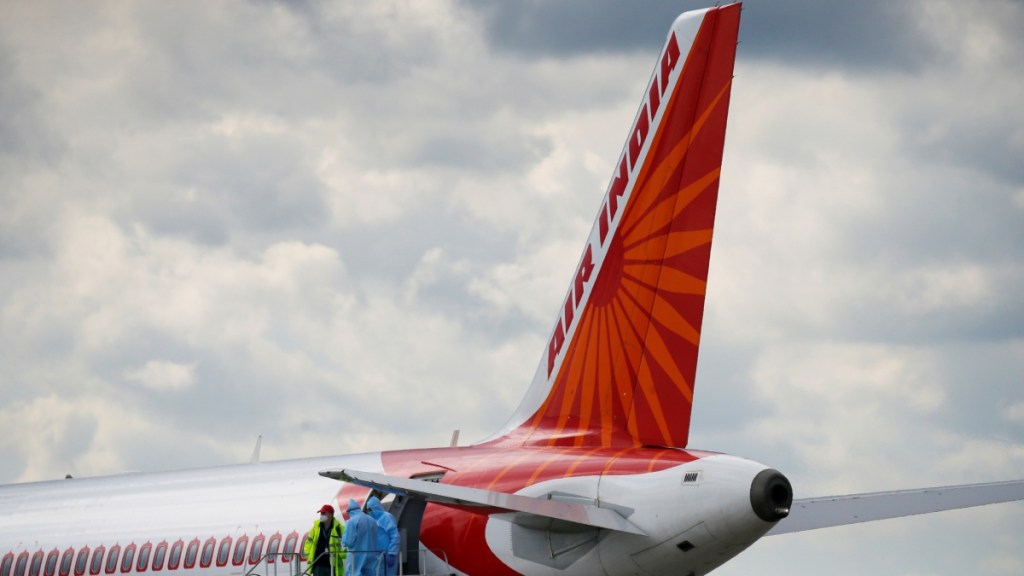Last week, the Bombay High Court instructed the Directorate General of Civil Aviation (DGCA) to investigate safety concerns raised by a pilot regarding Air India’s leased Boeing 777-200LR aircraft, The Indian Express reported. These aircraft, operating long-haul routes between India and the US, are reportedly equipped with a 12-minute emergency oxygen supply.
The court emphasised that the issue was not a bilateral dispute between the parties involved, but rather a matter of broader public concern, focusing on flight and passenger safety. It directed the DGCA to assess whether these leased Boeing 777-200LR aircraft, previously operated by Delta Airlines, can descend to an altitude of 10,000 feet within the 12-minute oxygen supply window and safely land at an alternative airport in the event of decompression.
The court directed the aviation safety regulator to consult the petitioner pilot and the airline, review all relevant materials, and determine whether the regulations are being followed. It also asked the regulator to identify any necessary remedial measures or issue appropriate directions, if required.
A bench of Justices BP Colabawalla and Somasekhar Sundaresan issued an order on December 19 in response to a writ petition filed by a pilot. The petitioner alleged that certain Boeing 777-200LR aircraft, leased by Air India in November 2022, lack adequate oxygen supply for specific flight paths between the U.S. and India.
Advocate Bhagyashree Bhalchandra Patwardhan, representing the petitioner, argued that according to the Flight Crew Operating Manual (FCOM), Flight Planning and Performance Manual (FPPM) limitations, and state regulations, it is mandatory to have sufficient chemically generated stored breathing oxygen (exceeding 12 minutes) for all crew members and passengers.
Patwardhan further emphasised that an adequate supply of breathing oxygen is crucial for long-haul flights traversing high mountainous terrains, ensuring the aircraft can safely descend to an altitude of 10,000 feet or lower in case of an emergency.
She further argued that in the event of depressurisation, descending to an altitude of 10,000 feet within 12 minutes is not feasible due to the extensive stretches of mountainous terrain. This insufficiency, she claimed, violates regulatory norms and poses a significant risk to passenger safety.
According to the plea, the petitioner, a former Boeing 777 commander, refused to operate a flight on January 30, 2023, until a legally compliant and safe route was provided for the journey from San Francisco to Bengaluru. The airline grounded him in February 2023 and terminated his employment in May 2023. In October 2023, he filed a complaint with the DGCA, highlighting safety concerns.


